The food truck market is growing, and now’s a great time to get on board. Got an enticing idea for a concept (or just want to expand your restaurant offerings) but are unsure of the financial undertaking involved? We’ve created a breakdown that will help you get a feel for the cost estimates.
Exact totals will vary depending on things like the state you’re in, how much licensing and permits are, and the kind of mobile cuisine you’re creating. However, the below covers average costs for the truck itself, along with supplies, ingredients, and everything in between.
The truck itself
You can’t call it a food truck without the actual truck, so let’s start there. A bare-bones modular restaurant truck with basic kitchen equipment and storage space generally runs between $30,000 and $40,000. Nicer trucks cap at around $70,000 and a brand-new one is likely to run you about $100,000 or more.
While the price tag is hefty, you don’t want to skimp when it comes to this particular purchase. Just as you’d want to do with a used car purchase, have a professional mechanic take a look under the hood before you commit. If you get a deal on a truck that needs some love, crunch the numbers to determine if a fixer-upper is worth it or if you need something in better shape.
The operating costs
There are certainly overhead cost benefits to operating a food truck that you don’t find with a brick-and-mortar space. But that doesn’t mean it’s cheap. You’ve still got to shell out for all that comes with the daily operations. Think insurance, permits, employee wages, and gas.
Again, the final amounts tend to depend on the region and city where you’re located. Brush up on the local rules and regulations, and give yourself plenty of time to thoroughly read and fill out all the required paperwork before submitting. All told, it’s wise to plan for these costs to be about $400 to $2,000 a month (though your insurance could be a once - or twice-a-year rate). Also worth noting: the standard hourly rate for food truck employees lies between $8 and $15.
The inventory and supplies
Much like the above, the cost of ingredients and associated necessities — everything from napkins and cutlery to food trays or bowls — will vary. However, a good rule of thumb is that your food costs shouldn’t be more than 30% to 35% of what you price the final product. Any less than that, and you may end up with profit issues down the road.
If you’re having trouble moving inventory, don’t throw your hands up and post your truck on Craigslist just yet. A few questions to ask yourself first:
- Is your menu clear and descriptive?
- Are you serving dishes that are easy to eat while on the go or standing up?
- Do your ingredients hold up well after a few hours in the truck?
- Are you sourcing enough inventory so you don’t sell out after an hour?
- Are you in a food-truck friendly location during high-traffic times?
- It may just be a matter of tweaking your menu or marketing strategy.
The commissary and commercial kitchen
The commissary is the place you’ll park your truck. Now I know what you’re thinking, and no, your driveway likely isn’t going to cut it. That’s because you need sources for power to keep your food fresh and stored overnight, along with water and propane (the latter of which can cost $250 to $500 a month). Monthly commissary rent may run a few hundred bucks to more than $1,000.
While not always necessary, it’s common for food trucks to prep in a commercial kitchen space. This is especially true for successful food trucks that serve up large quantities each week. Ideally, your kitchen and commissary are in the same place — this will drastically cut down on your traveling and save you serious time. Expect the use of the kitchen space to cost $20 or so per hour.
The online presence and promotion
Good customer outreach can be the deciding factor between whether your business sinks or swims. That means having active social media profiles and a strong company website is key. Companies like BentoBox and Squarespace make it easy to create a website that looks clean and professional, even if you’re not a tech whiz. The most popular BentoBox plans run between $49 and $99 a month. You can maintain a decent Squarespace business site for $18 to $26 a month.
As far as social media, a few updates a week across the main channels like Instagram, Facebook, and Twitter should suffice. Especially in the beginning, you can build your follower base and take fans along with you through behind-the-scenes photos and updates as you prep your food truck for launch. If you want to ensure your new business makes a splash (and you have the budget), hiring a PR company to get the word out for you might be your best bet. Smaller firms usually charge between $2,000 and $10,000 a month.
Food trucks are reportedly a $1 billion industry, with more than 4,000 of them operating around the country. By crafting a strong business plan and getting the above financials squared away, you can be sure your investment is set up to yield successful — and tasty — results.
Editors Note: This post originally appeared on the Gather.com blog.




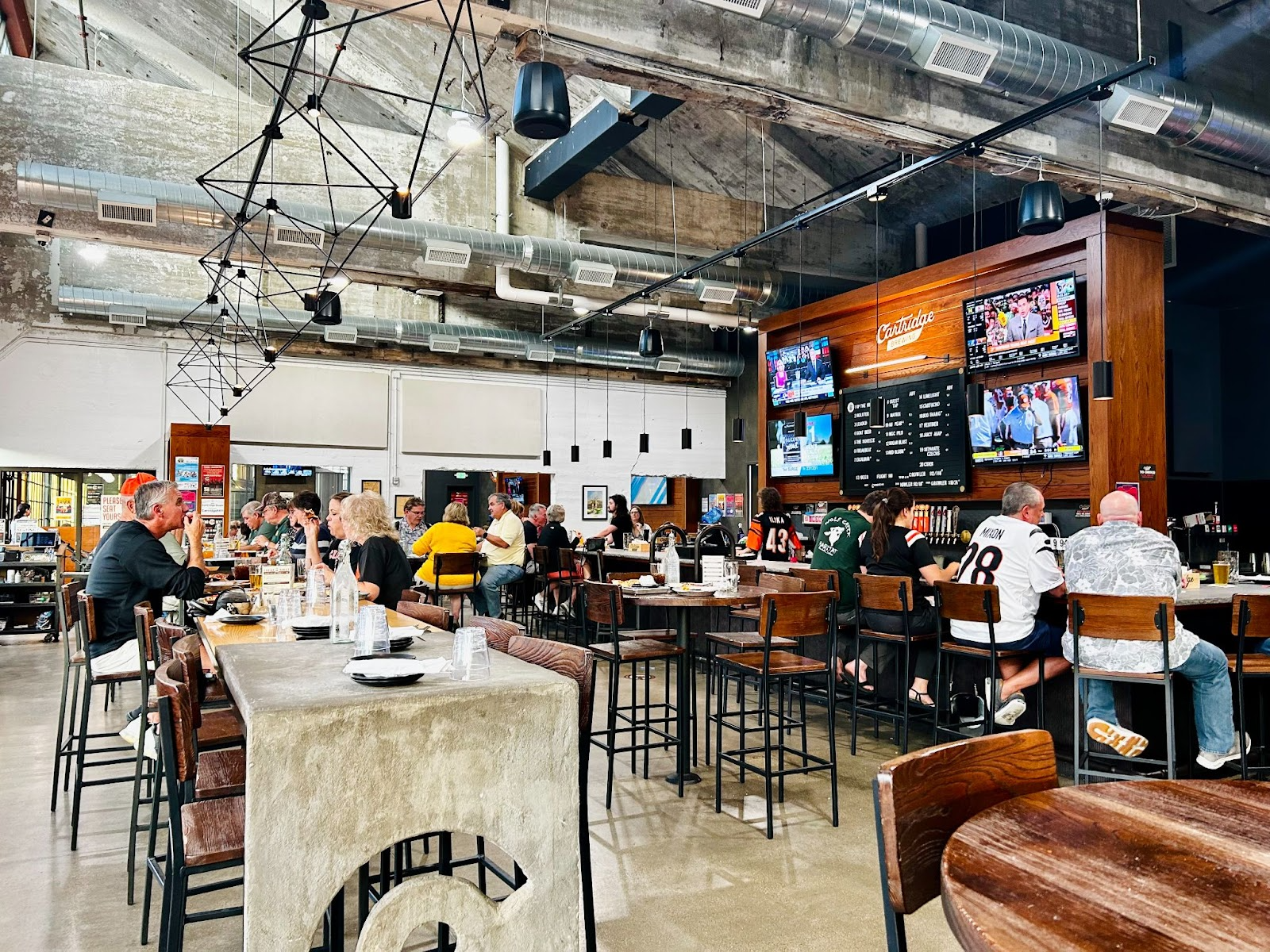

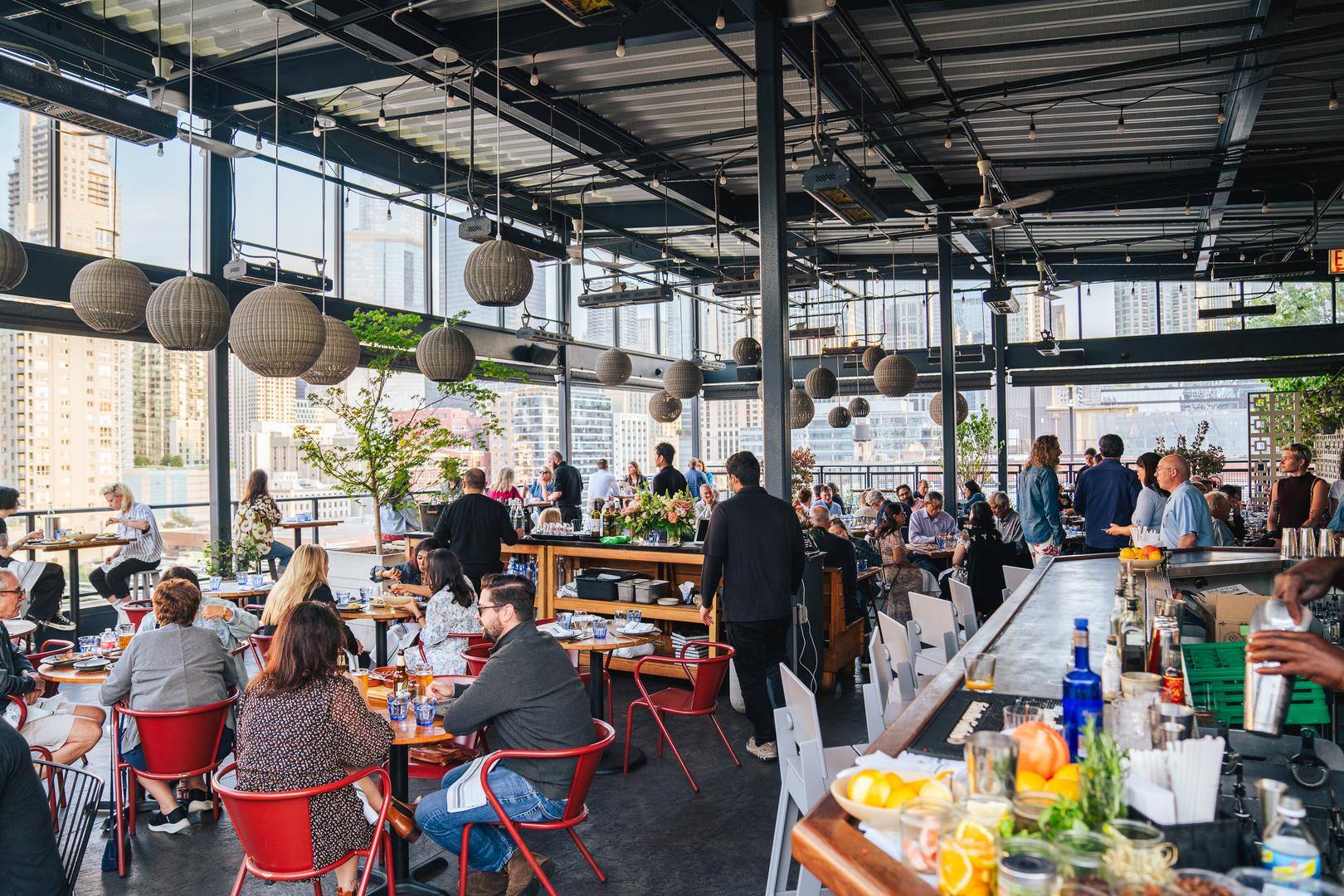






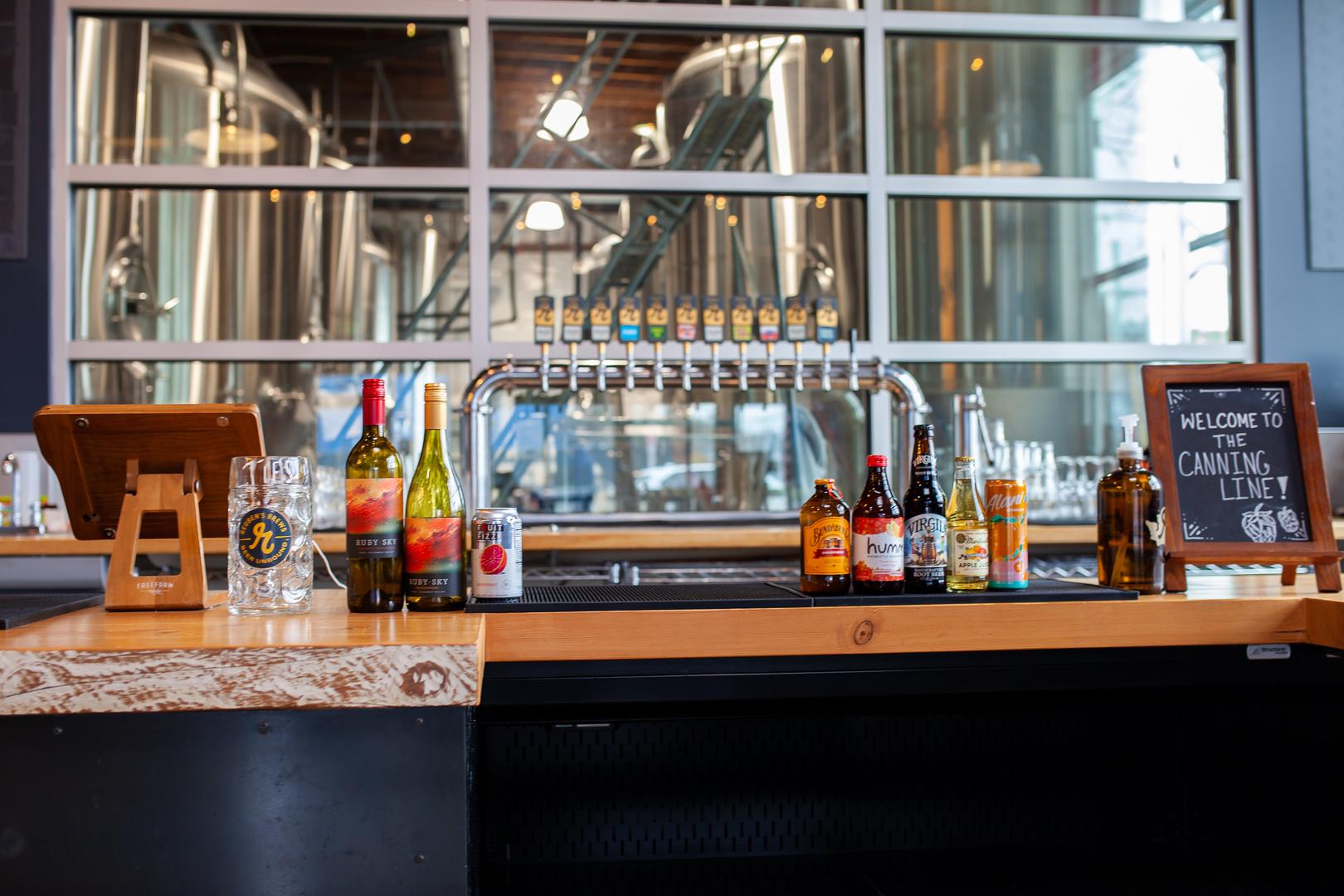
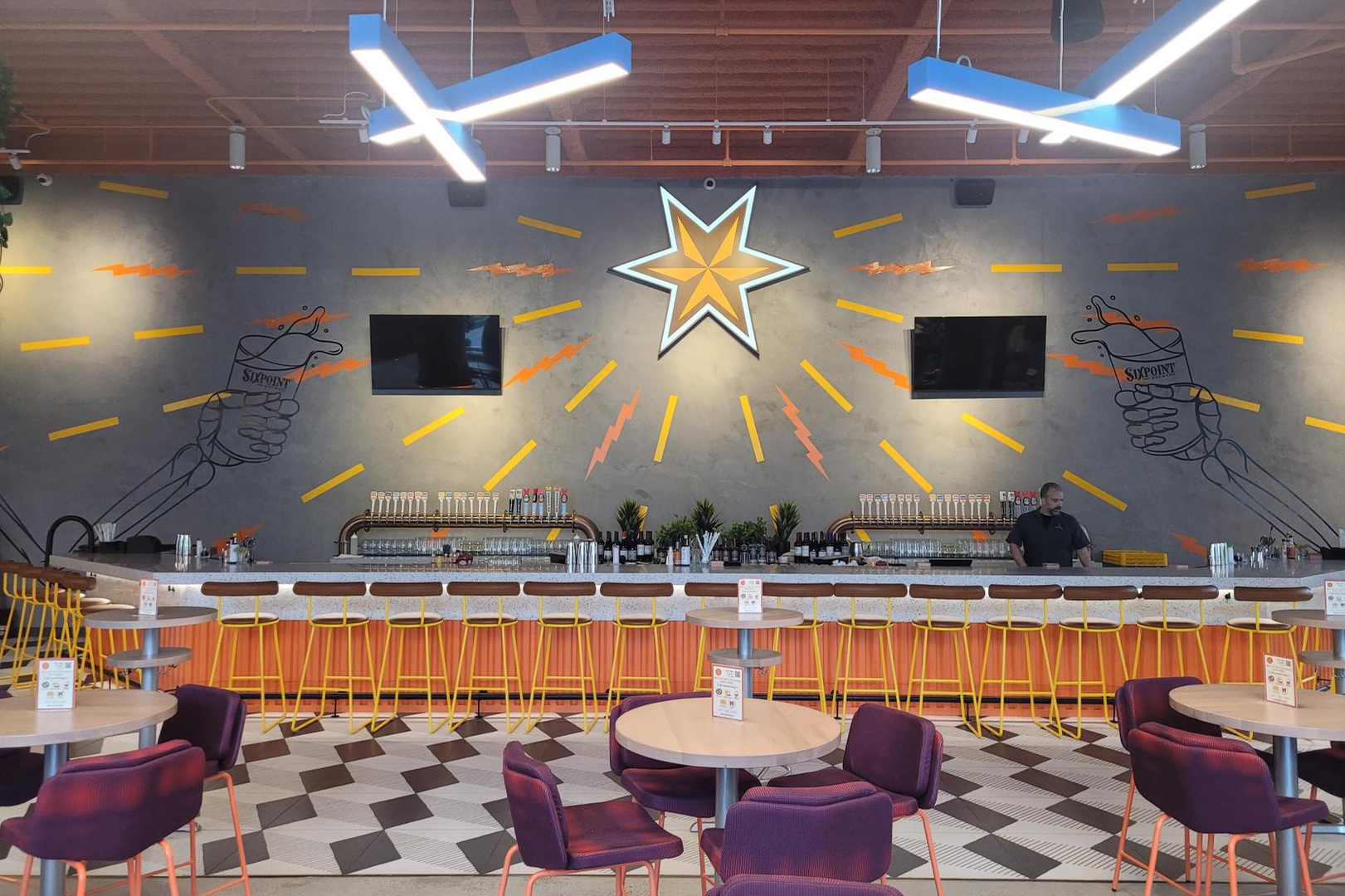

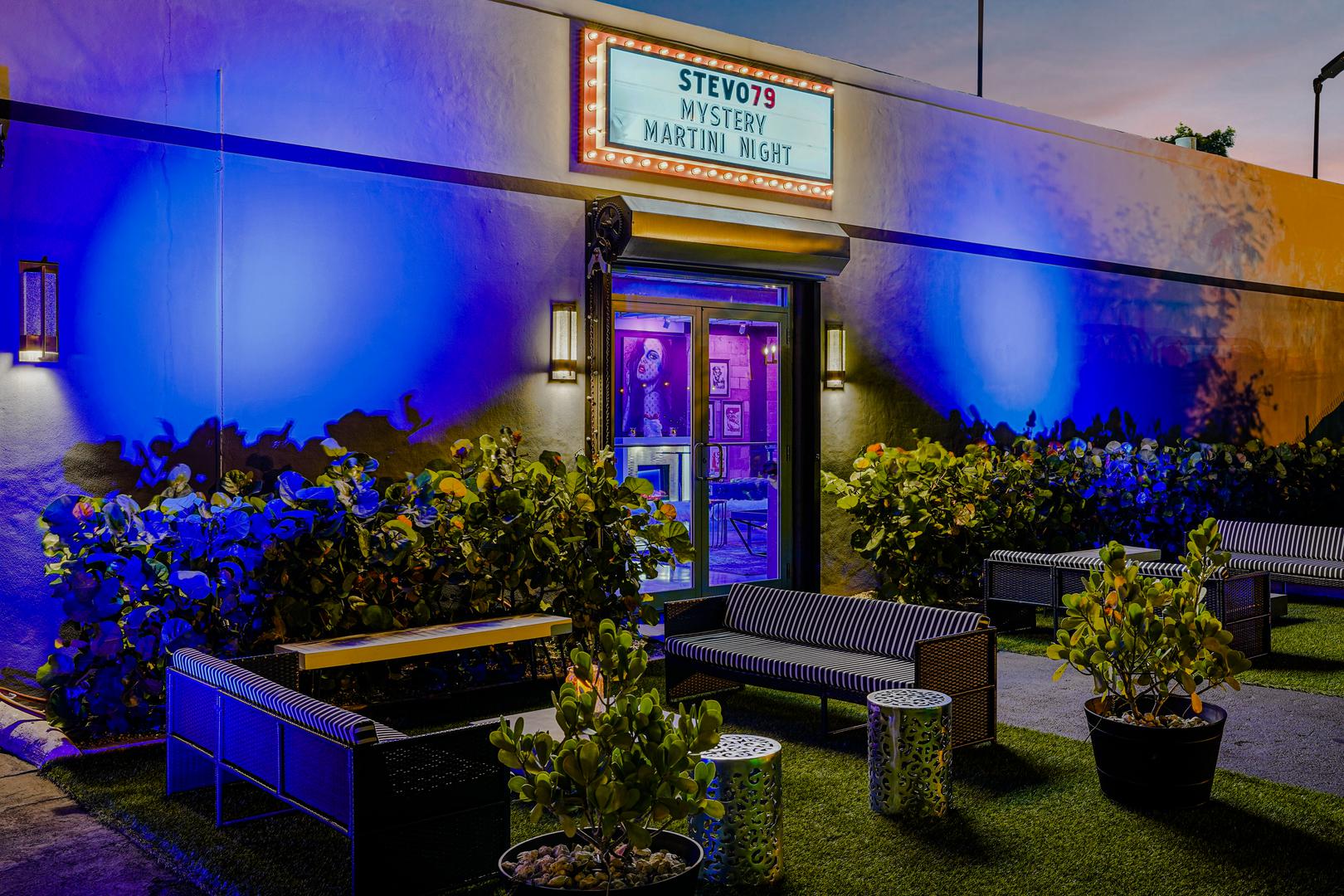




%20Where%20to%20Eat%20Near%20Willis%20Tower%20in%20Chicago.png)
